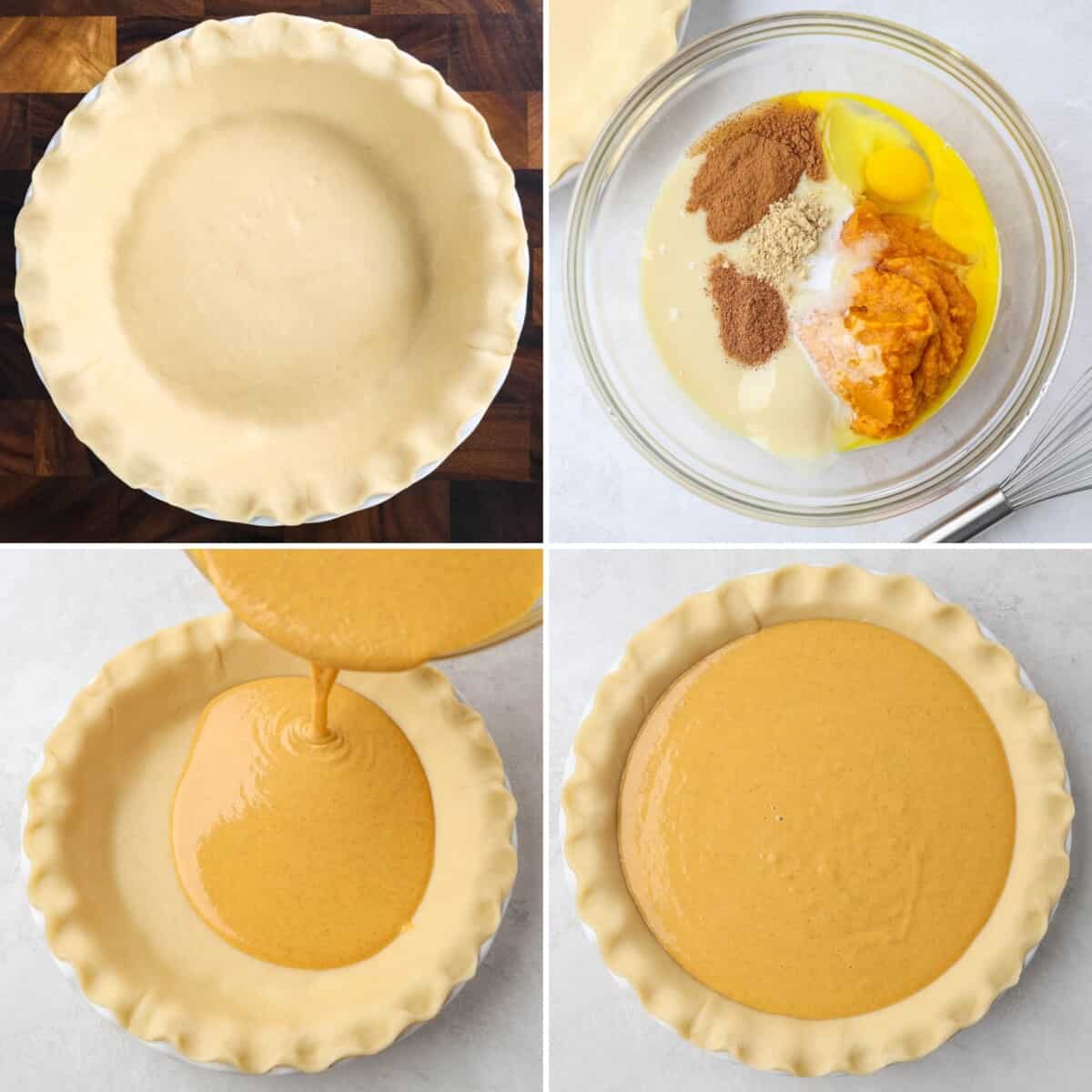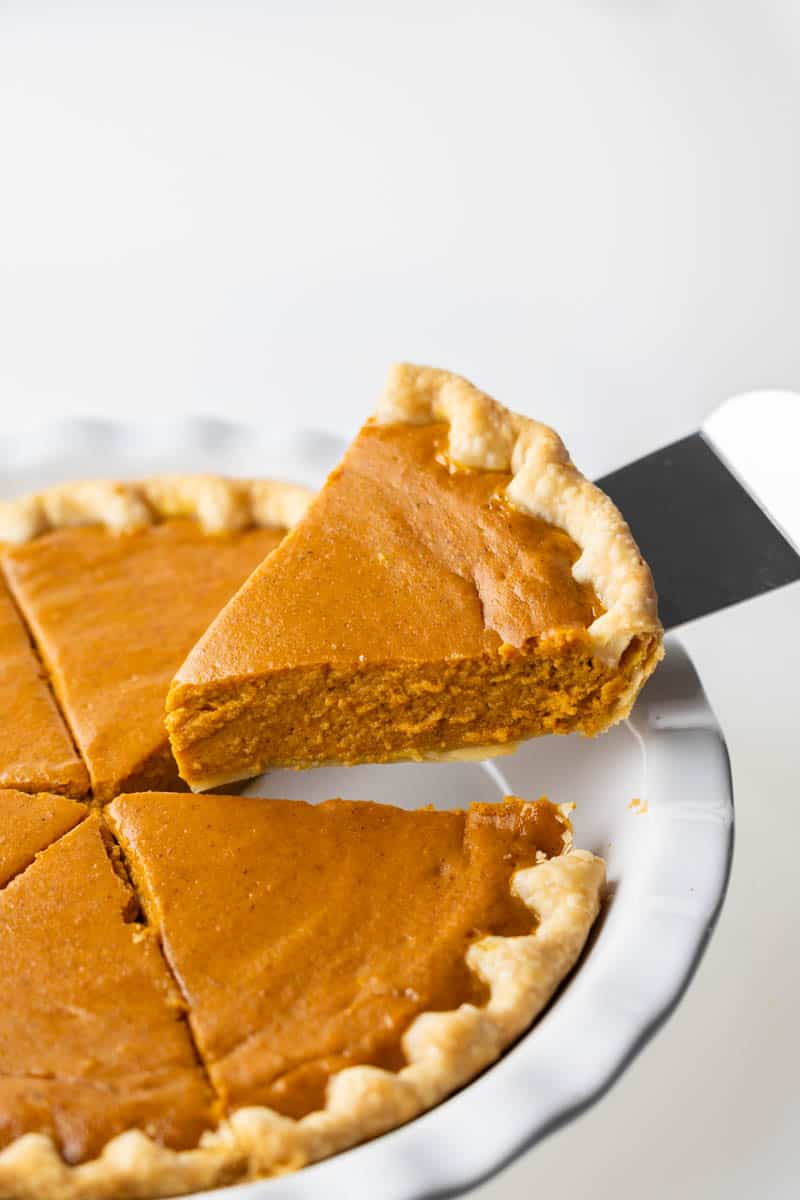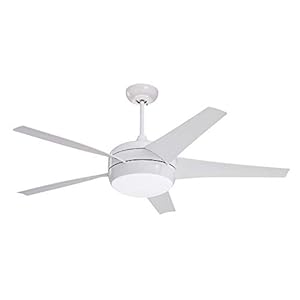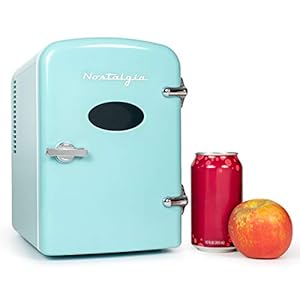The allure of pumpkin pie lies not just in its rich, golden hue, but in the symphony of flavors it promises with every bite. A hallmark of festive celebrations, this dessert captures the essence of autumn, combining the earthy sweetness of pumpkin with a medley of warm spices. Encased in a buttery crust, each slice tells a story of tradition, comfort, and culinary delight. Whether it’s the nostalgia it evokes or the anticipation of that first delectable bite, pumpkin pie beckons both seasoned bakers and beginners to experience its magic.
Ingredient Breakdown & Substitutions
Pumpkin Puree
- Function: Provides the base and main flavor profile of the pie.
- Substitutions: Butternut squash or sweet potato puree for a different, yet similar flavor.
Sweetened Condensed Milk
- Function: Adds sweetness and creamy texture.
- Substitutions: A mixture of cream and sugar, or unsweetened condensed milk with added sugar; for a dairy-free option, coconut condensed milk.
Eggs
- Function: Act as a binding agent to set the filling.
- Substitutions: A store-bought egg replacer for a plant-based alternative, found next to the eggs or in the plant-based, refrigerated section of your grocery store.
Cinnamon, Ginger, and Nutmeg
- Function: These spices provide the signature warm flavor synonymous with pumpkin pie.
- Substitutions: 2 teaspoons of pumpkin pie spice as a direct substitute, or a mix of allspice and clove for a similar spice profile.
Unbaked Pie Crust
- Function: Holds the filling and adds texture contrast with its flaky layers.
- Substitutions: Graham cracker crust, cookie crumb crust, or a gluten-free crust for dietary needs.
Frequently Asked Questions
Absolutely! We prefer a homemade crust, but store-bought crusts are also OK to use.
If you want to really develop your skills when it comes to pumpkin pies you could try making the pumpkin puree yourself. A sugar pumpkin is best if you can find it. It’s a smaller pumpkin, and should be available at your local grocery store.
To make pumpkin puree, halve or quarter your pumpkin to more easily remove the seeds. Then, cook your pumpkin.
You can either:
– Bake in the oven at 375 degrees Fahrenheit for 45 minutes.
– Steam for about 20 to 30 minutes on the stovetop.
Then, remove the skin. Once the pumpkin flesh has softened from cooking it can easily be scraped from the skin. Last, puree it up in a blender, food processor, or with a potato masher.
The basic idea behind pumpkin puree is that you have to cook the pumpkin and then just puree it. A pumpkin is no different than other winter squashes.
Pies like this bake for quite a bit of time in the oven. Because every oven works just a bit differently you may add a pie shield halfway through baking. You can also make your own shield out of aluminum foil. Some ovens just brown more than others on top, so keep an eye on that outer crust.
Unfortunately, no. A deep dish pie plate is much deeper than a regular pie plate and requires about 50% more filling. A shallow, regular sized pie is the perfect pie to crust ratio when it comes to pumpkin.
Par-baking, or partially baking the pie crust before adding the filling, is not strictly necessary for pumpkin pie, but it can be beneficial. It can help to prevent the crust from becoming soggy once the wet filling is added.
If you prefer a crispier bottom crust, par-baking for about 10 minutes can create a barrier that keeps the moisture out. However, if you’re short on time or simply prefer a softer crust, you can skip this step and bake the pie as directed with the uncooked crust. Just be sure to bake it until the edges are nicely browned, and the bottom crust is cooked through.
Pie Crust
For this recipe you will need an unbaked pie crust. You can use a:
- Homemade crust
- Frozen crust
- Roll out, pre-made crust
Our personal favorite is a homemade graham cracker crust!
Step-By-Step Visual Guide to Homemade Pumpkin Pie

Troubleshooting
- Runny Filling: The filling might be undercooked or have too much moisture. Ensure you follow the baking times and temperature recommendations.
- Soggy Bottom: Blind baking the pie crust for a few minutes before adding the filling can help prevent this.
- Burnt Crust: Shield the edges of your crust with foil if they’re browning too quickly.
- Cracked Filling: Ensure the pie cools slowly to prevent surface cracks. Rapid temperature changes can cause the filling to crack.
Tips From the Chef
- Blind baking the pie crust for a few minutes can prevent a soggy bottom.
- Shield the edges of your crust with foil to prevent over-browning.

Storage & Freezing Instructions
Pumpkin pie can be stored in the refrigerator for up to 4 days. If you’d like to freeze your pie, wrap it tightly in plastic wrap and then aluminum foil. It can be stored frozen for up to 2 months. When ready to eat, thaw in the refrigerator overnight.
Eat More Pumpkin!
Watch the video below where Caytlin will walk you through every step of this recipe. Sometimes it helps to have a visual, and we’ve always got you covered with our cooking show. You can find the complete collection of recipes on YouTube, Facebook Watch, or our Facebook Page, or right here on our website with their corresponding recipes.
Trending Products

GE Electronic Window Air Conditioner 6000 BTU, Efficient Cooling for Smaller Areas Like Bedrooms and Guest Rooms, 6K BTU Window AC Unit with Easy Install Kit, White

Alen BreatheSmart Classic H13 HEPA Air Purifier, Air Purifiers For Home Large Room w/ 1100 SqFt Coverage, Medical-Grade Air Cleaner for Pet Dander & Odor, up to 12 Mos. Filter Life, Espresso

Luminance Midway Eco LED Ceiling Fan with Light and Remote | Dimmable 54 Inch Fixture with DC Motor | Contemporary 5 Blade Design with Downrod Mount for Hanging, Appliance White

Nostalgia RF6RRAQ Retro 6-Can Personal Cooling and Heating Mini Refrigerator with Carry Handle for Home Office, Car, Boat or Dorm Room-Includes AC/DC Power Cords,,1 cubic feet, Aqua











